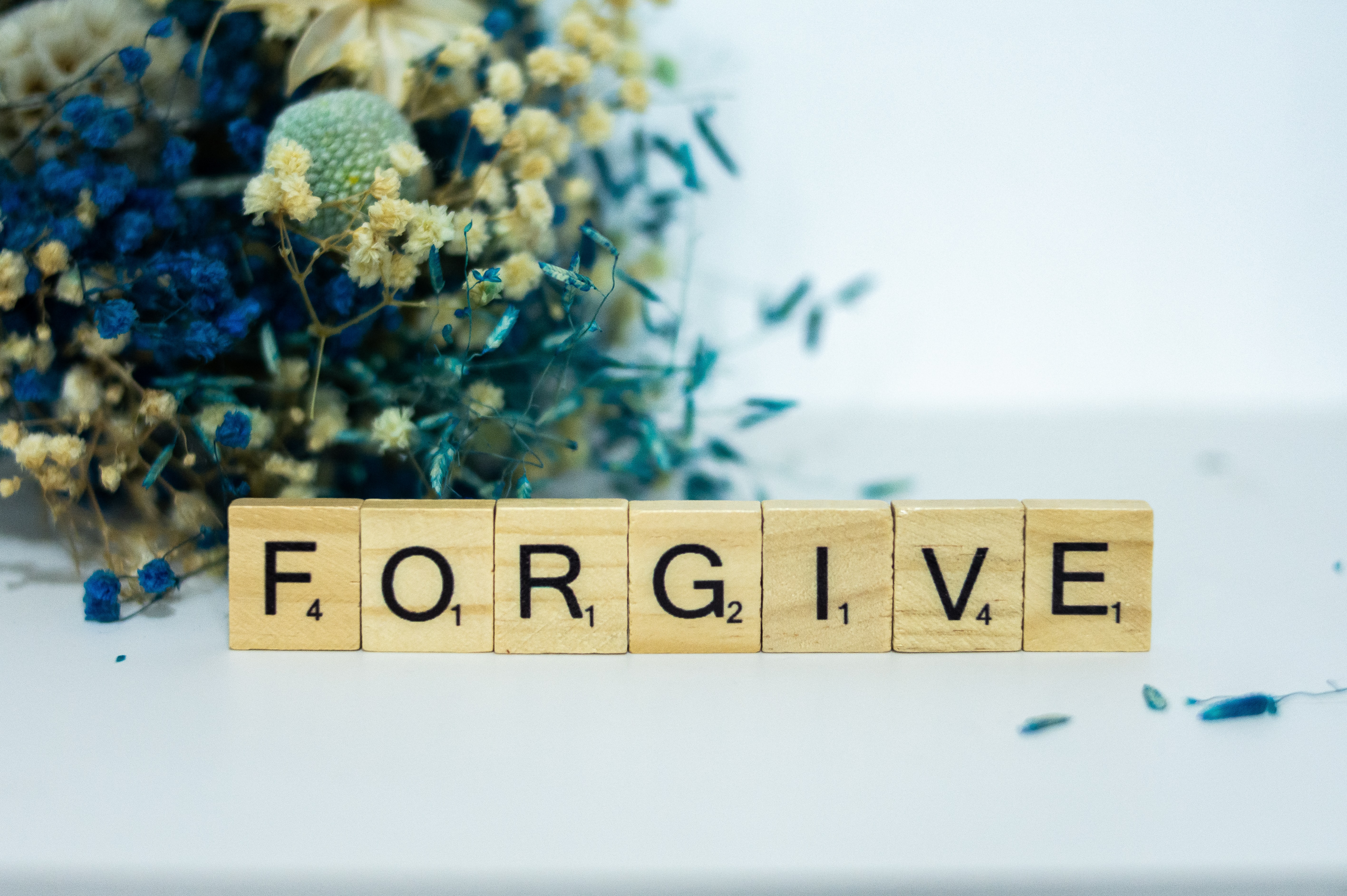The majority of belief systems view forgiveness as a virtue rather than just a kind act. There is a purpose why forgiving is so necessary. In this post, we’ll go over several forgiveness-related concepts and explain what motivates us to forgive in life.
The Psychology of Forgiveness
Psychologists usually describe forgiveness as a consciously made choice to let go of sentiments of hatred or anger toward a person or group who has wronged you, regardless of whether they truly deserve your forgiveness.
Importance of Forgiving – Making Forgiveness part of your life

Forgiving is not easy. In addition to being a gesture of goodness, empathy, and contentment, it also signifies recognition of one’s strong personality. You opt to create peace between you and the offender by forgiving them, which is a sign that you care more about your mental health than anyone else.
Forgiveness is a choice You are choosing to show empathy and compassion to the one who offended you. You can improve your emotional and physical health by embracing a more forgiving mindset by taking the following actions.
Consider and remember
That includes the actual events as well as how you responded, how you felt, and how the hurt and rage affected you afterward.
Feel the other person’s pain
To adequately appreciate the circumstance, it is crucial to put yourself in another person’s shoes. That is how you can develop empathy for someone who has wronged you in the past. This brings you and the person closer together.
Deeply Forgive
It may be sufficient to simply forgive someone out of desperation or because you believe it is required by your faith to do so in order to promote healing. However, one study indicated that even if the other person never apologized, those whose forgiveness was motivated in part by the realization that nobody is perfect were able to rebuild their connection. The relationships of those who merely expressed forgiveness in an effort to save the relationship turned out to be worse.
Put aside your expectations
Your connection with the other person may not change as a result of your apologies, and neither may her apology. You won’t be disappointed if you don’t expect either.
Be willing to forgive
Once you’ve made that decision, put it into action. If you don’t feel comfortable speaking with the offender, you can write about your forgiveness in a journal or even confide in a trusted friend.
Additionally, when someone chooses to forgive, they actively modify their thoughts and attitudes toward the offense; they let go of negative sentiments like resentment; they forgo seeking restitution from or punishing the offender, regardless of how morally or legally justifiable doing so might be; and they are better able to wish the offender well.
Does Forgiveness First Require An Apology?
Forgiving someone doesn’t need you to wait for an admission of wrongdoing or even an apology. And we shouldn’t, in fact.
We must comprehend what forgiveness genuinely is in order to completely see why that is the case. And it’s useful to make clear what forgiveness isn’t in order to comprehend what it is. Making up with someone is not the same as forgiving them. Reconciliation is not forgiveness. Justice or an apology is not necessary in order to forgive.
Instead of action, forgiveness is an inward condition of letting go of bitterness and hatred. It’s a way of expressing, “I’m not going to let you, or the hurt you’ve given me, keep me unhappy any longer.” You must do it for yourself, not for the person who hurt you.
Why Can It Be Difficult To Forgive Someone Who Has Wronged You In Some Way?
It might be difficult to forgive someone, especially if they only provide a weak apology or none at all. However, it’s frequently the best course of action.
A well-known model of forgiveness outlines four processes, according to psychologist Robert Enright. The first step is to identify your anger by considering how you have dealt with or suppressed it. The second step is to choose to forgive. Start by admitting that trying to ignore or deal with the offense hasn’t worked and that you might need to forgive in order to go on.
Third, learn to have compassion for the offender in order to nurture forgiveness. Consider if the behavior was the result of the offender’s circumstances or intention. Finally, let go of the negative feelings and consider how the experience and forgiving yourself may have helped you grow.
Some Important Reasons To Forgive
The benefits of forgiveness may seem counterintuitive at first, but there are many compelling reasons why they are useful.
Here are some compelling arguments in favor of forgiving:
Your mental well-being will improve
It might be detrimental to your mental health to harbor anger and resentment. You can progress in life and open yourself up to more fulfilling emotions and experiences by forgiving those who have hurt you.
Being able to forgive shows strength
Although choosing to forgive isn’t always simple, it does require a lot of courage to let go of unpleasant feelings in order to find peace and happiness. Because it comes from compassion, some people could mistake forgiveness for weakness, but in reality, it’s a sign of strength.
Forgiveness offers inner serenity and contentment
How can you hope to achieve true inner peace if you are unable to forgive someone who has hurt you or yourself for mistakes done in the past? As long as you harbor resentment in your heart, it is impossible. Forgive others and move on with your life to let go of the past.
The Ending Note
Restoring a relationship to the pre-crisis state or circumstances is what forgiveness entails. It isn’t being urged to forget what happened, but it isn’t being held in the same capacity for future wrongdoing. In other words, it shuts an emotional door. However, there are numerous ways to promote forgiveness in us.
FAQs
What is the most important reason to forgive?
Forgiveness can even result in feelings of empathy, kindness, and compassion for the person who has wronged you. Remembering or downplaying the harm that was done to you or making peace with the offender are not necessary components of forgiveness. When you have the ability to forgive, life is easier to move on from.
What are the factors of forgiveness?
Relational commitment, affection, empathy, emotional connection, and the fear of losing a partner are some of the reasons that motivate forgiveness.
Why is forgiveness an important virtue?
It makes the case that forgiving someone can be considered a healing virtue since it can stop someone from becoming overtaken by rage, curb their propensity for cruelty, and open doors to the repair of complicated relations.

